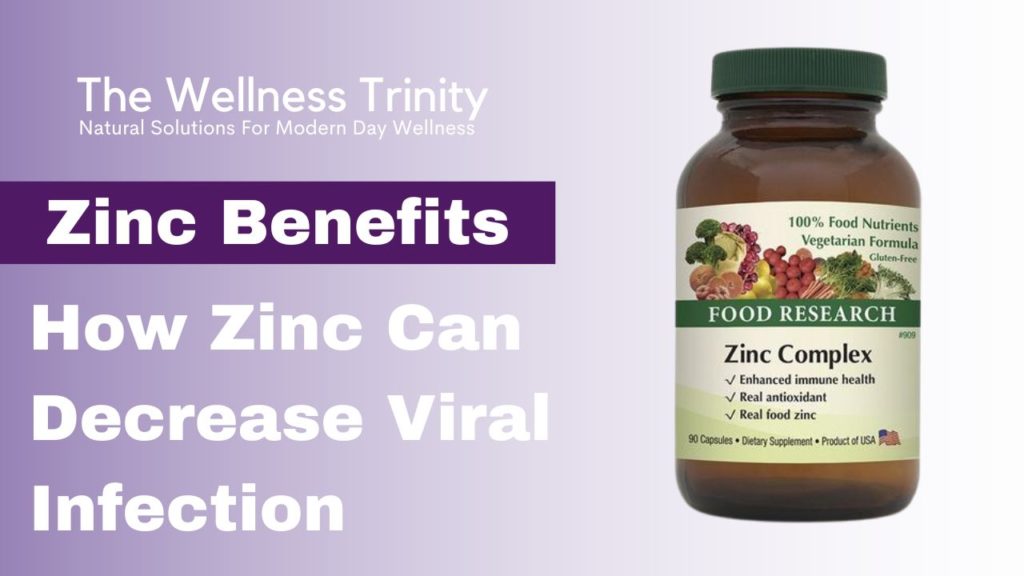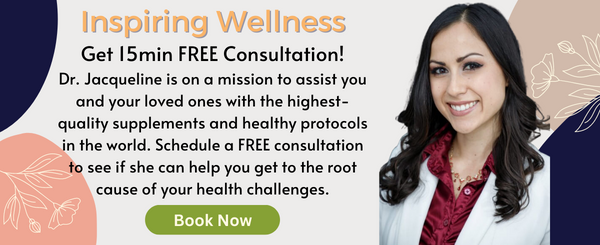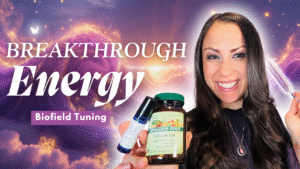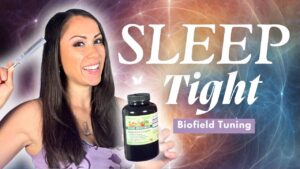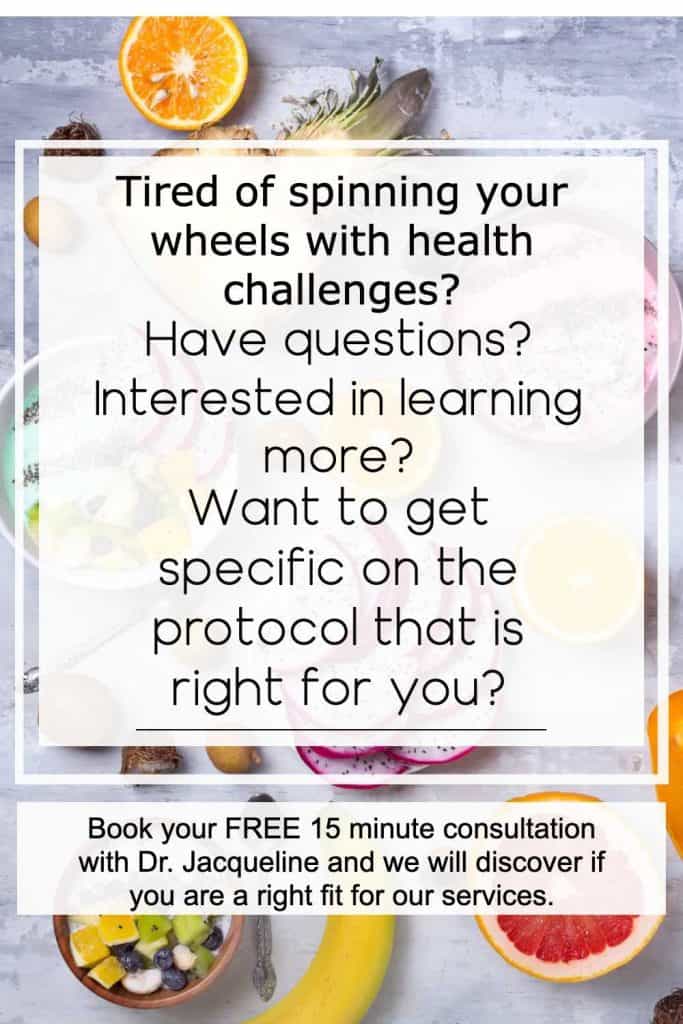The Power of Zinc: How This Essential Mineral Fights Viral Infections and Boosts Health
Zinc is a trace mineral that plays a crucial role in maintaining overall health and wellness. It’s essential for numerous biological functions, from supporting immune function to promoting wound healing.
In recent years, zinc has garnered significant attention for its potential role in reducing the severity and duration of viral infections. In this blog post, we’ll explore how zinc helps combat viral infections, its numerous health benefits, and why it’s a vital component of a balanced diet.
How Zinc Helps Decrease Viral Infections
1. Strengthening the Immune System:
Zinc is vital for the proper functioning of the immune system. It activates enzymes that break down proteins in viruses and bacteria, making them less able to spread. Zinc also helps in the production and activation of T-lymphocytes (T-cells), which are crucial for the immune response.
2. Inhibiting Viral Replication:
Zinc has been shown to inhibit the replication of certain viruses, including the common cold virus. By blocking the virus’s ability to multiply, zinc reduces the severity and duration of viral infections.
3. Reducing Inflammation:
During a viral infection, the body’s immune response can sometimes cause excessive inflammation, which can lead to tissue damage. Zinc helps modulate the immune response and reduce inflammation, thereby minimizing damage to healthy tissues.
4. Enhancing Antiviral Medications:
Research suggests that zinc can enhance the efficacy of antiviral medications. For example, when combined with certain antiviral drugs, zinc can help improve their ability to fight off infections.
Benefits and Features of Zinc
1. Promotes Wound Healing:
Zinc plays a critical role in collagen synthesis, immune function, and inflammatory response, all of which are necessary for proper wound healing. It’s often used in creams and ointments for treating skin conditions and promoting wound healing.
2. Supports Growth and Development:
Zinc is essential for cell growth and division, making it particularly important for pregnant women, children, and teenagers. Adequate zinc levels are crucial for proper growth and development during these critical life stages.
3. Enhances Cognitive Function:
Zinc contributes to brain health by supporting neurotransmitter function and protecting brain cells from oxidative stress. Studies have shown that adequate zinc levels are associated with improved cognitive function and a lower risk of age-related cognitive decline.
4. Maintains Healthy Skin:
Zinc helps maintain the health of the skin by regulating oil production and promoting collagen synthesis. It can help prevent acne, reduce inflammation, and support the healing of skin tissues.
5. Boosts Reproductive Health:
Zinc is crucial for reproductive health in both men and women. It plays a role in hormone production, including testosterone in men, and is essential for proper sperm production. In women, zinc supports ovarian health and egg development.
6. Acts as an Antioxidant:
Zinc has antioxidant properties, which means it helps protect cells from damage caused by free radicals. By reducing oxidative stress, zinc helps prevent chronic diseases such as heart disease and cancer.
How to Ensure Adequate Zinc Intake
1. Dietary Sources:
Zinc is found in a variety of foods, with high concentrations in animal products such as meat, seafood, and dairy. Oysters are particularly rich in zinc. Plant-based sources include beans, nuts, seeds, and whole grains. However, the bioavailability of zinc from plant sources is lower due to the presence of phytates, which can inhibit zinc absorption.
2. Supplements:
If you’re unable to get enough zinc from your diet, supplements can be an effective way to ensure adequate intake. Zinc supplements are available in various forms, including zinc gluconate, zinc citrate, and zinc acetate. It’s important to follow the recommended dosage and consult with a healthcare professional before starting any supplement regimen.
3. Fortified Foods:
Many foods, such as cereals and dairy products, are fortified with zinc. These can be a convenient way to boost your zinc intake, especially if you follow a vegetarian or vegan diet.
Conclusion
Zinc is an essential mineral with a multitude of health benefits. Its role in supporting the immune system and fighting viral infections makes it particularly important in today’s health-conscious world. By ensuring adequate zinc intake through a balanced diet, fortified foods, or supplements, you can harness the power of this vital nutrient to support overall health and well-being. Don’t overlook the importance of zinc—it’s a small mineral with a big impact on your health.

